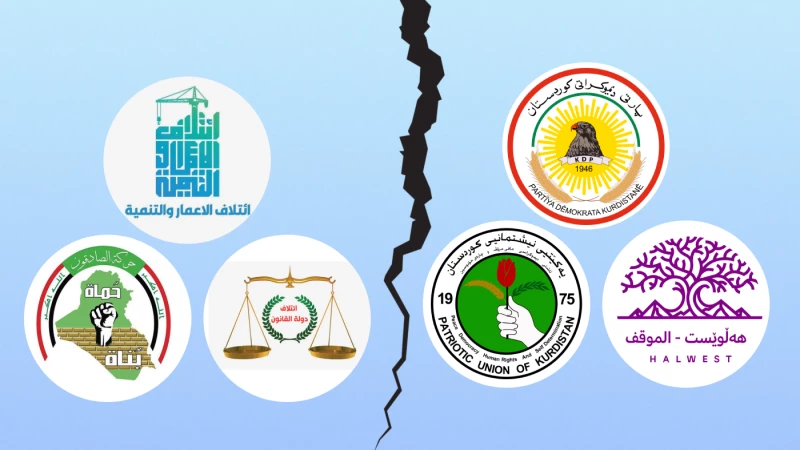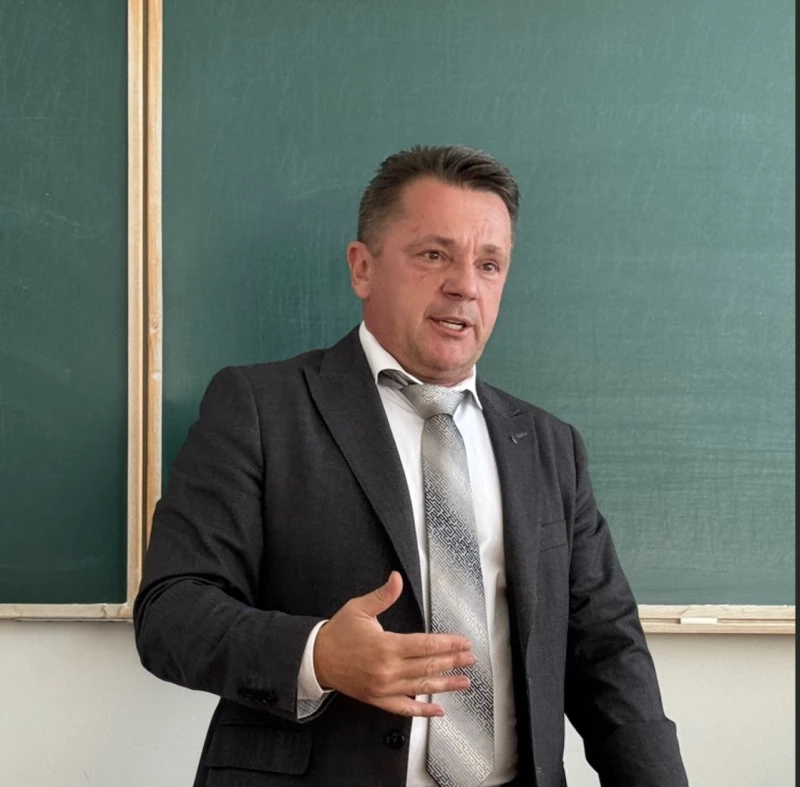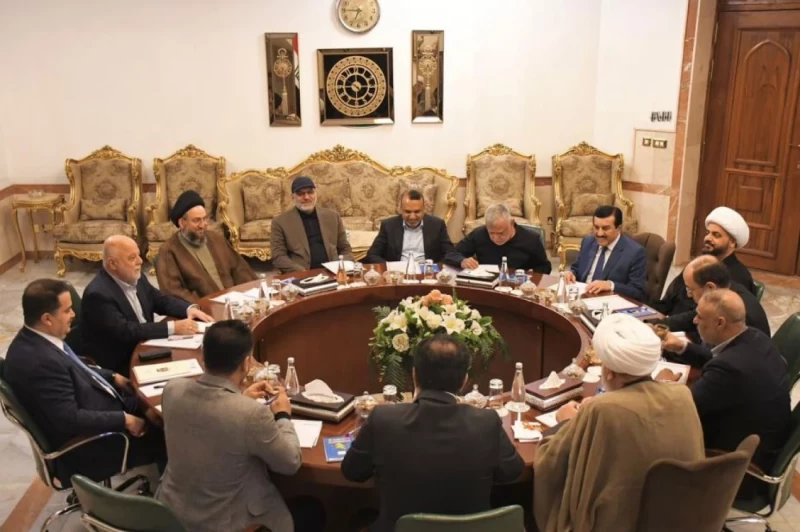No profound change has occurred in the freedom of the press in Iraq since the establishment of the fourth republic, despite plans to do so as part of a democratic transformation of the country.
A guarantee in the 2005 constitution, which remains in force, nonetheless exists: Article 38 stipulates that “the State shall guarantee in a way that does not violate public order and morality: 1. Freedom of expression using all means and 2. Freedom of press, printing, advertisement, media and publication.”
However, this freedom has remained restricted procedurally, legislatively, and sometimes socially as well.
From a practical standpoint, constitutional rights concerning freedom of the press have been restricted and, as a result, the extent to which it became possible to build a modern democratic state has been effectively limited as well.
Some legal scholars even believe that the basic structure of the state was not built on the basis of the constitution, nor is it governed by it since - after over 17 years since it went into effect on Dec. 28, 2005 – some 70% of the constitution has not been enshrined in Iraqi law. The state has also failed to fulfil its tasks of constitutional guarantees in terms of health, social and economic security, education, and so on.
Picking and choosing and ‘parallel constitution’
The state has remained shackled by three practices.
The first is the practice of picking and choosing parts of the constitution seen as convenient to enforce while disabling others. This has, of course, damaged the constitutional structure of the state.
The second is the dusting off of texts and laws enacted during the rule of the Baath Party regime – which ruled Iraq from 1968 to 2003 - and enforcing them. This happened despite their being for the most part inconsistent with constitutional principles, especially with regard to freedoms of expression, opinion, and the press.
The third practice is the result of the mixing of the first and second to produce a political custom based primarily on partisan interests. Appeals are made to the masses through the use of emotional demagogy without taking constitutional duties and laws into consideration.
The partisan interest in deliberately distorting the constitution in order to bestow legitimacy arose from the conflict over power concerning decisions issued by the federal court - which is in turn unconstitutional, given that the law pertaining to it was not ratified through constitutional means.
This resulted in a series of binding decisions that contributed in one way or another to freezing the constitution and replacing it with parallel or alternative decisions.
Political, tribal and religious taboos were also legitimized within laws and decisions affecting freedom of expression, usually written to achieve political ends within a raging struggle for power.
The “parallel constitution”, if we can call it that, established a new situation that seems odd, undisciplined, and perhaps foreign to the constitution itself.
The main challenge may well be to restore the state to its constitutional normality before adopting the concept of constitutional amendments so enthusiastically debated by political and civil elites whenever the political conflict intensifies.
This situation concerning the constitution and its non-enforcement contributed directly to more restrictions imposed on freedoms of expression and opinion and that twin sister of theirs, freedom of the press.
Journalists have, moreover, been deprived of legislation that enables them to access information from their sources. In fact, information is often withheld from journalists in the name of the law.
Funding as a catalyst for freedom
Due to Iraqi political parties’ power over the state and capabilities, political financing rose from holding partial control to absolute hegemony of the media in the country.
Political parties and movements in Iraq have established media outlets to defend their ideologies – and themselves. The prevailing atmosphere in the spread of information to the public has been seriously affected by ideologies.
Almost all media in Iraq is currently funded for political purposes. Even media outlets claiming to be independent receive funds for political purposes, forcing journalists to adopt their political views. These views fluctuate according to the donor.
This has stripped the media of its main functions of conveying information, providing analysis, and promoting transparency.
No truly independent media has arisen in Iraq because due to this situation, resulting in de facto restrictions on press freedoms.
The current media landscape is characterized by chaos, a lack of transparency and credibility.
Investment in the media has been absent, as have media institutions seeking profit solely through competing with other outlets to convince the public of the depth and breadth of their material and their scrutinizing of this information.
Pure professional competition disappeared as partisan conflict using the media as a weapon took the upper hand.
Constitution-based censorship of the media?
The constitution did not lay down the basis for any type of censorship of the media. To the contrary: it went the extra mile in allowing freedom in a liberal manner without setting down rules for any sort of oversight of the media by the media.
Article 28 stipulated, in discussing freedom of the press, that the state shall guarantee anything that does not violate public order and public morals.
A close look at the text of the article reveals, however, two important contradictions wavering between restriction and absoluteness.
The restriction is that the constitutional guarantee is conditioned on not violating public order and public morals, which have not been defined by Iraqi laws. This leaves it open to interpretation, especially as public morals change over time and are not the same throughout the entire country.
It is clear that “public morals” in Najaf or Karbala differ from those in Sulaymaniyah or even from those in Baghdad.
As for absoluteness, the text does not cite this guarantee being subject to any sort of legal regulation. Thus, the article remains absolute.
It is clear that those drafting the constitution avoided imposing restrictions or conditions on the freedom of the press out of a desire to leave it unshackled. However, this does not prevent the state from organizing the media in order to remove it from a state of chaos in line with its basic function as the state.
“Protecting the interests of citizens” is a key role of the state. One well-established way to do this is by preventing citizens from being deprived of information presented in a neutral and objective manner. Thus, enabling journalists to enjoy unfettered access to sources is essential.
However, instead of issuing laws regulating the work of the media, legislators dusted off laws from the previous regime. This is completely inconsistent with the democratic principles stated in the constitution, such as Articles 81,82,83, and 84, which were mentioned in Chapter Three (Liability for Publication Crimes) of the Iraqi Penal Code No. 111 of 1969.
The criminal code was suspended by the US’s Coalition Provisional Authority under Paul Bremer in 2004. However, it was reactivated in 2008 and the restriction on it lifted.
Over the past five sessions, the Iraqi Council of Representatives has enacted only one orphan law known as the “Journalists’ Rights Law”: No. 21 of 2011. This is a law enshrining a restriction contradicting constitutional principles, legal experts say.
Article 6 of the law contains one of the articles revealing a restriction on the absolute rights of journalists, which is access to information from their sources. The article stipulates that “the journalist has the right to access information from his sources unless its disclosure would be harmful to the public interest.”
But who determines the type of information that constitutes harm to the public interest? The text seems to allow a journalist to hide any information he or she wants on the grounds that its disclosure would constitute harm to the public interest.
The law also, notably, granted journalists privileges that contradict the text of Article 14 of the 2005 Constitution, which stipulates that “Iraqis are equal before the law without discrimination”.
Iraq tops assassinations and impunity as influence peddling rages on
The legal system in Iraq lacks laws regulating the journalist’s relationship with his institution and the institution’s relationship with the state and society. Iraqi society also, notably has a natural reversion towards the laws of totalitarian regimes as concerns media censorship.
The authorities have nonetheless been granted, “in the absence of regulating law”, the right to impose restrictions on the work of the press.
This constitutional obligation has not been translated into practice in order to liberate the press from the influence of those in power – whether that be the official authorities or individuals, political parties, and organizations.
It should also be noted that Iraq is at the top of world rankings in terms of number of journalists assassinated. Iraq, moreover, leads in terms of impunity: only 8 actual perpetrators were brought to justice out of 413 assassinations from 2007 to 2020.

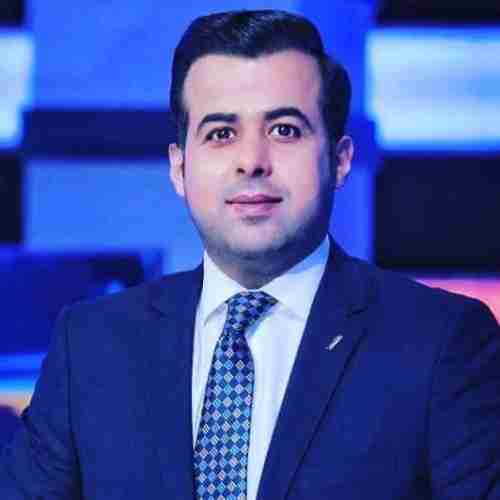
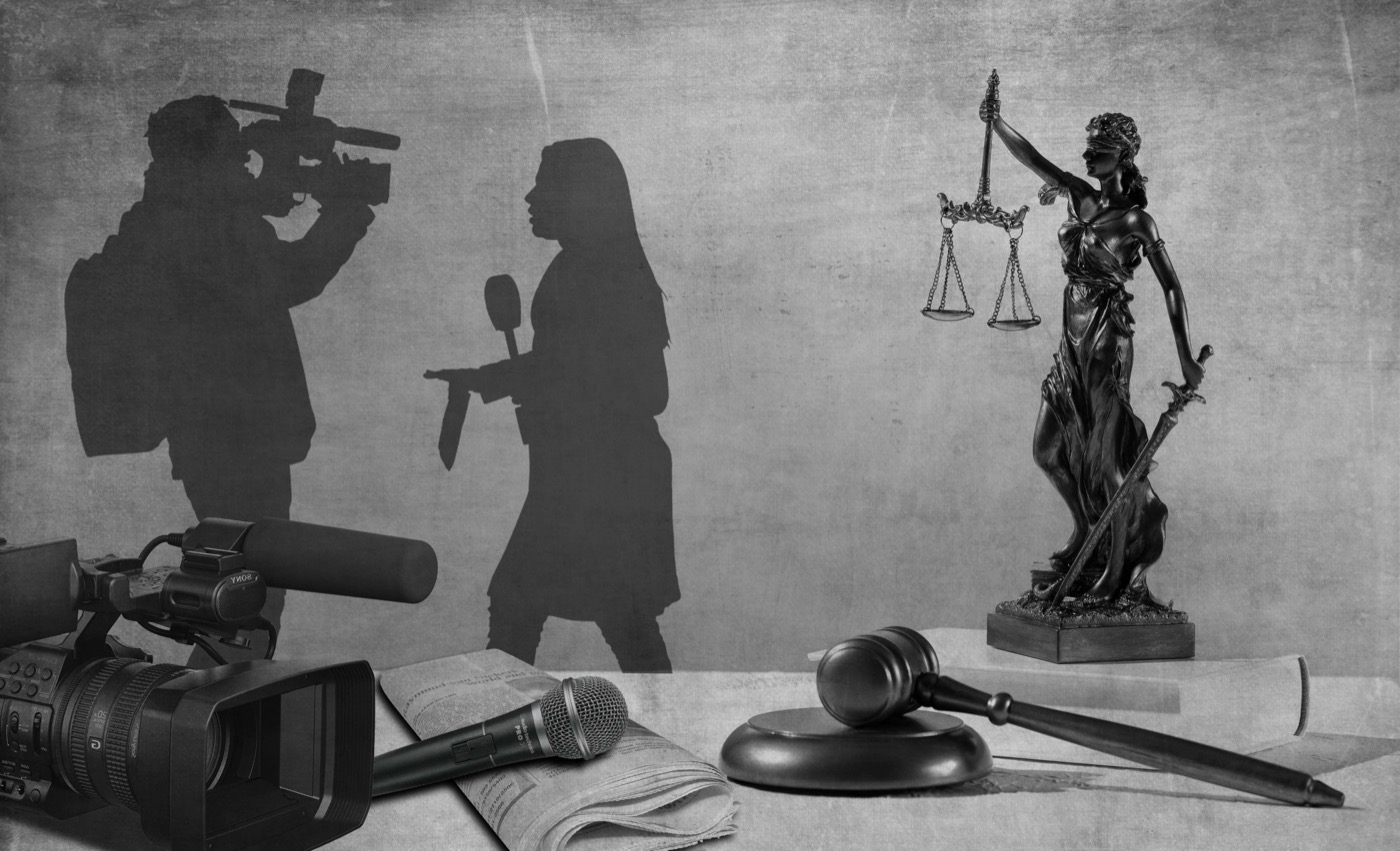
 Facebook
Facebook
 LinkedIn
LinkedIn
 Telegram
Telegram
 X
X
